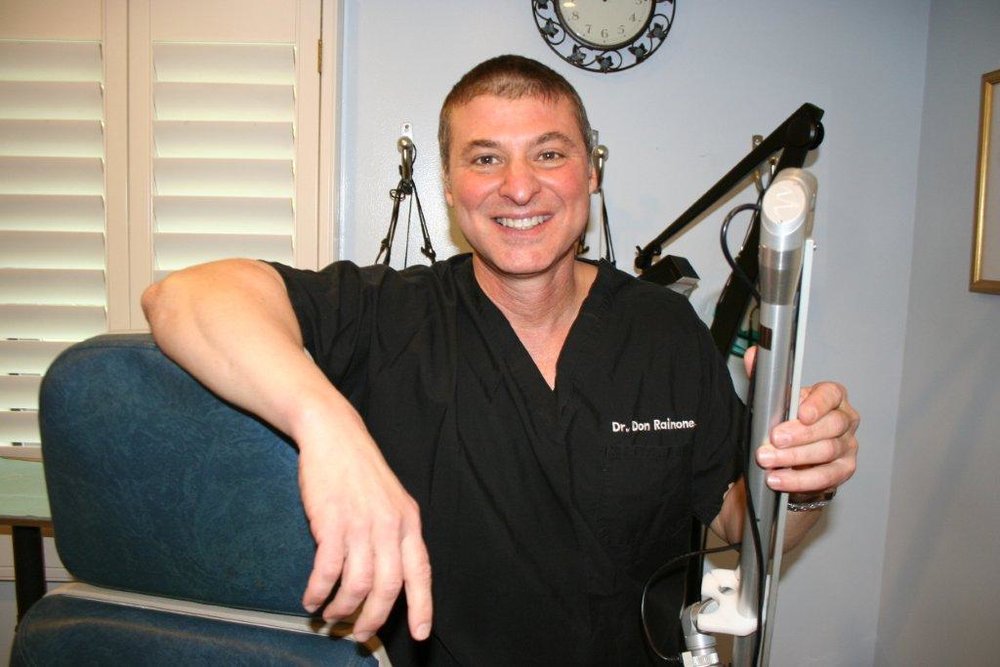Medical Spas + Legal Changes
/Laws that define and emcompass medical spas and cosmetic clinics are changing all of the time, usually driven by a desire to protect someone's turf under the guise of 'safety'.
 Pretty much all medicine comes with some risks. In fact, according to a 1999 report by the Institute of Medicine, as many as 98,000 Americans were dying every year because of medical mistakes. Here's a story about that from the New York Times.
Pretty much all medicine comes with some risks. In fact, according to a 1999 report by the Institute of Medicine, as many as 98,000 Americans were dying every year because of medical mistakes. Here's a story about that from the New York Times.
Not a nice statistic at all.
So of course there are going to be mistakes made in cosmetic medicine and there are clinics that are operating unsafely, with insufficient oversight, and with people performing treatments who should not be.
As will all things, these new moves are pushed by complaints, both from injured patients, and also by people, generally physicians, who have an interest in protecting a market space.
Here's part of a Wall Street Journal article: Medical Spas Get A Checkup. Link
A few months ago, Maryland Gov. Martin O'Malley signed a new law directing the state health department to oversee cosmetic-surgery facilities after one woman died and two others became seriously ill with Group A streptococcus infections traced to liposuction at a Baltimore clinic
Florida now requires that liposuctions removing more than two pounds of fat be performed in a state-licensed surgical center with emergency equipment on hand, after two women died from overdoses of lidocaine, a local anesthetic. In California, it is now a felony, punishable by up to five years in prison and a $50,000 fine, for a corporate entity to own a medical spa; the majority owners must be M.D.s.
Pennsylvania is weighing tighter rules on who can provide laser treatments. Fourteen states are considering "truth in advertising" laws, many of which would require medical spas to list personnel's training and credentials in all marketing. Some proposals, like New York's, would require anyone who wears a white coat and treats patients to list credentials on a nametag.
The push for more regulation is being driven in part by dermatologists who say allowing nonphysicians to perform cosmetic procedures puts patients at risk.
"It's the difference between four years of medical school and four to five years of residency versus beauty school," says Timothy Flynn, president of the American Society for Dermatologic Surgery Association, which has lobbied for stricter rules in several states. The ASDSA considers any use of lasers, lights, electrical impulses, chemical peels, injections, insertions or tissue augmentation to be the practice of medicine, which it says should be performed by a physician or midlevel health professional, such as a physician assistant, under a doctor's supervision.
Supporters of medical spas say they get a bad rap when it comes to injuries. "In 2009, there were over 9,000 deaths in hospitals related to errors, but one death occurs in a medical spa and it's on the national news...
"I've treated patients who were burned at the hands of a doctor," says Paula Young, a nurse who owns three medical spas with her physician husband in Pennsylvania. She says she would have to lay off seven experienced laser technicians and close her tattoo- and hair-removal clinic under the state's proposal allowing only physicians or physician-supervised nurses and PAs to perform laser treatments.
So where's the line?
Lest you think that we're for less or looser oversight, let me say that we're not. In my opinion, a physician should be on site and see every single patient before treatment. However, if you're doing an axillia hair removal treatment, I don't think that that physician needs to be a board certified plastic surgeon or dermatologist. Rational opinions welcome.






